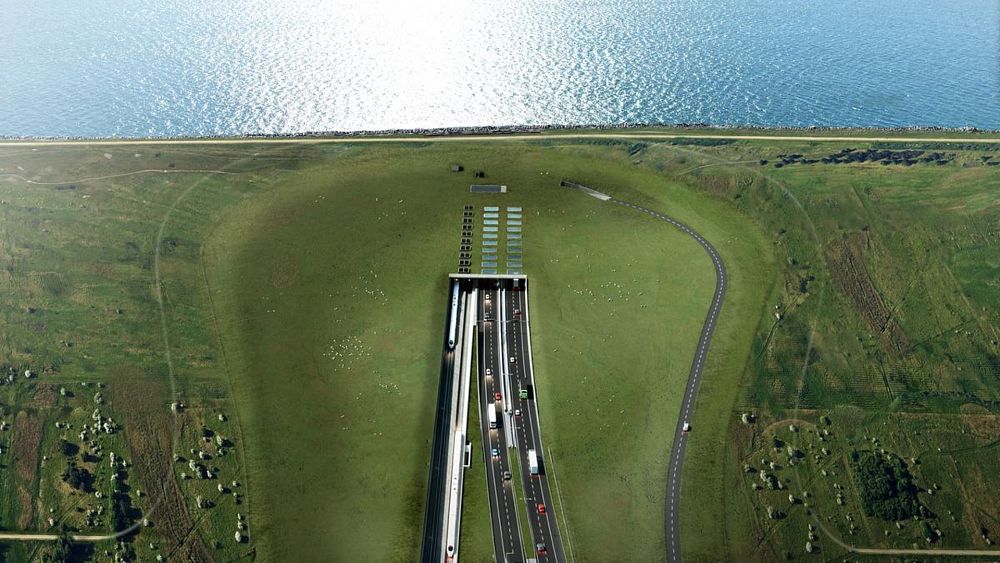By Euronews
Denmark and Germany will soon be linked by an 18-kilometre-long underwater tunnel.
The Fehmarnbelt Tunnel will be the longest combined rail and road tunnel anywhere in the world when it is completed in 2029.
This €10 billion project - which crosses a stretch of the Baltic Sea known as the Fehmarn Belt - will connect Rødbyhavn on the Danish island of Lolland and Puttgarden in northern Germany.
Will the tunnel cut travel times from Germany to Denmark?
The tunnel, officially called the Fehmarnbelt Fixed Link, will have two double-lane motorways and two electrified rail tracks.
The journey through it will take seven minutes by train and 10 minutes by car, avoiding a 160 kilometre detour across the Danish mainland. Rail travel times from Hamburg in Germany to Copenhagen in Demark will be cut from around five hours to less than three.
A road link will replace an incredibly busy ferry service that carries millions of passengers a year, slashing travel times by almost an hour.
Denmark is also planning to build high-speed electric rail lines to and from the tunnel. And train services will continue on past the Danish border to Sweden, Norway and Finland.
How will the Fehmarnbelt Tunnel be built?
The idea of connecting Germany with Denmark with a tunnel is not new. After 10 years of planning, construction began in 2020 on the Danish side and then in 2021 on the German side.
The tunnel will cost €10 billion in total, with the European Union contributing €1.1 billion towards the project.
It will be put together 40 metres below the Baltic Sea using 89 massive concrete sections. These will be pre-built on land and then lowered into the water using a crane. Femern A/S, the state-owned Danish company in charge of the project, hopes that it will be ready to immerse the first of these sections by 2024.
Once they are in place, the concrete sections will be fitted together and other elements like railway tracks, ventilation and cameras will be installed.
Some environmental groups have questioned the impact of the tunnel on wildlife in the Fehmarn Belt - an EU protected area.
But Fermern A/S says that the tunnel will “increase capacity and relieve congestion on the rail and road networks in Denmark”. The company also claims it will lead to “significant” savings in time, energy, fuel and CO2 emissions.


